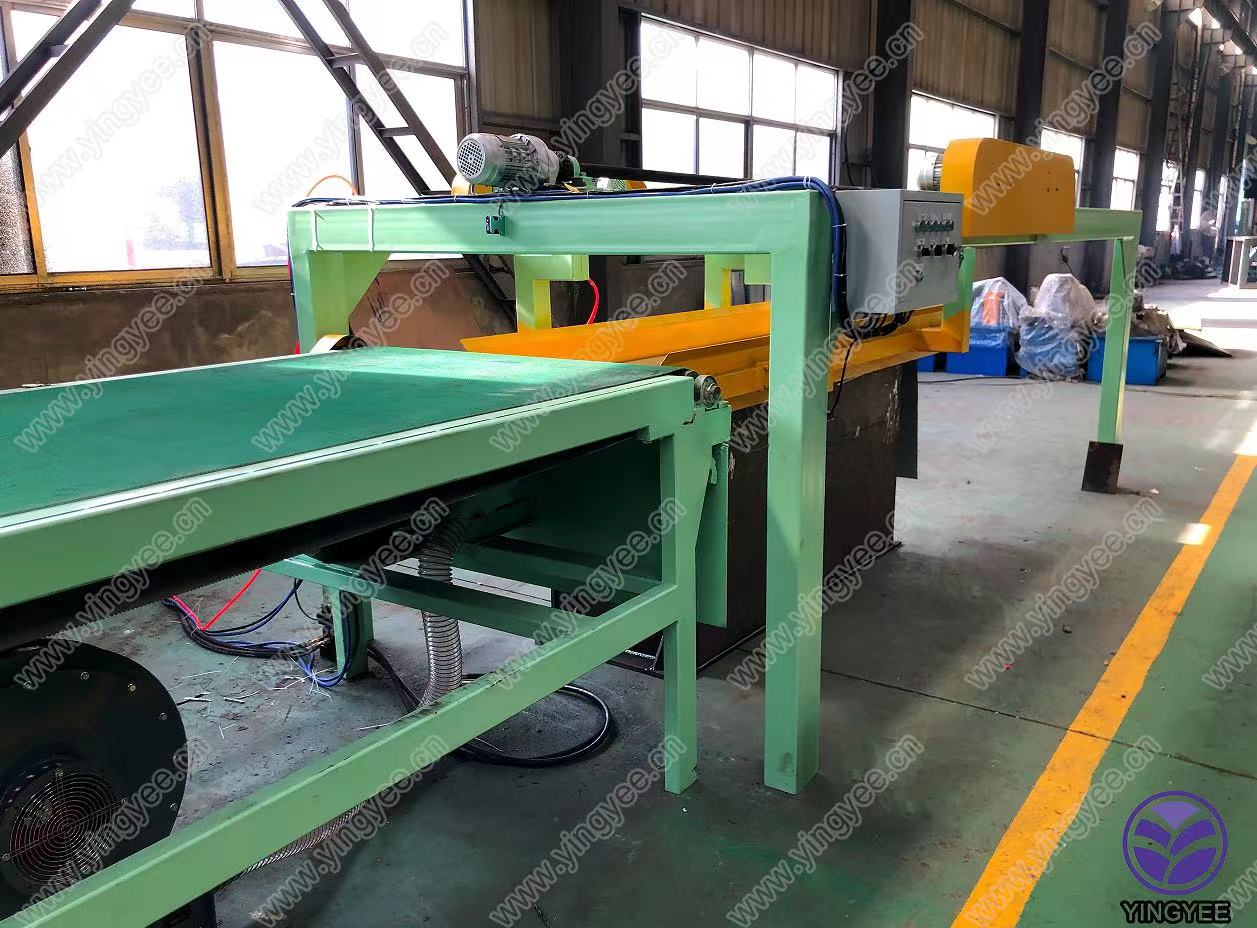
The Innovations and Importance of Nut Forming Machines
In the realm of manufacturing, the processes that shape, cut, and assemble materials are crucial to producing high-quality products. Among these processes, nut forming has gained significant attention due to its importance in various industries, including automotive, aerospace, and construction. At the heart of this process lies the innovative machinery known as nut forming machines, which streamline production, enhance precision, and contribute to the overall efficiency of manufacturing operations.
Understanding Nut Forming Machines
Nut forming machines are specialized industrial equipment designed to create nuts—fasteners with internal threads—through various forming techniques. Traditionally, nuts were produced by cutting and machining methods, which often resulted in waste and increased production time. However, nut forming machines revolutionized this process by utilizing cold heading or hot forging techniques. These methods allow metal to be shaped at high speeds and with minimal material loss, thus creating a more sustainable production cycle.
The Process of Nut Forming
The nut forming process begins with metal wire, usually made from steel, aluminum, or brass. This wire is fed into the nut forming machine, where it is cut to the desired length and then shaped through a series of operations. The core of nut forming typically involves
1. Cold Heading In this process, the wire is struck by a die to form the initial shape of the nut. This technique allows for rapid production rates and excellent material efficiency.
2. Thread Rolling After the basic shape is formed, the nut undergoes thread rolling. This step uses threaded dies to create the internal threads, ensuring a perfect fit for bolts and screws.
3. Heat Treatment Many nuts undergo heat treatment to enhance their mechanical properties. This process increases strength, hardness, and overall durability, making the nuts suitable for demanding applications.
4. Finishing Finally, the nuts may be finished with processes such as plating or coating to improve corrosion resistance and aesthetics.
Advantages of Nut Forming Machines
The proliferation of nut forming machines has brought about numerous advantages that make them indispensable in modern manufacturing

- Efficiency Nut forming machines can operate at high speeds, producing thousands of nuts per hour. This efficiency translates into reduced labor costs and shorter lead times for production.
- Precision With advanced technology, these machines offer exceptional precision. The accuracy in forming shapes and threads reduces the likelihood of defects, ensuring that each nut meets stringent quality standards.
- Material Savings By utilizing cold heading techniques, nut forming minimizes material waste, leading to cost savings and a smaller environmental footprint.
- Flexibility Many nut forming machines can be easily adjusted to produce different sizes and types of nuts. This versatility allows manufacturers to meet diverse customer needs without significant downtime.
Applications in Various Industries
Nut forming machines are vital in multiple sectors, including
- Automotive Nuts play a critical role in automotive assembly, securing various components together and ensuring structural integrity.
- Aerospace In aviation, where safety and reliability are paramount, precisely manufactured nuts are essential in aircraft assembly.
- Construction Fasteners, including nuts, are a fundamental part of construction projects, providing the necessary strength for building frameworks and structures.
Conclusion
As industries continue to evolve, the demand for high-quality fasteners like nuts will only increase. Nut forming machines stand at the forefront of meeting this demand, combining efficiency, precision, and sustainability. Their ability to produce large quantities while minimizing waste and maximizing quality makes them a valuable asset in the manufacturing landscape. As technology advances, we can expect further innovations that will enhance the capabilities of nut forming, solidifying its role as a cornerstone of modern production processes. Whether in automotive assembly lines, aerospace applications, or construction projects, nut forming machines will continue to be essential tools that drive efficiency and reliability in manufacturing.